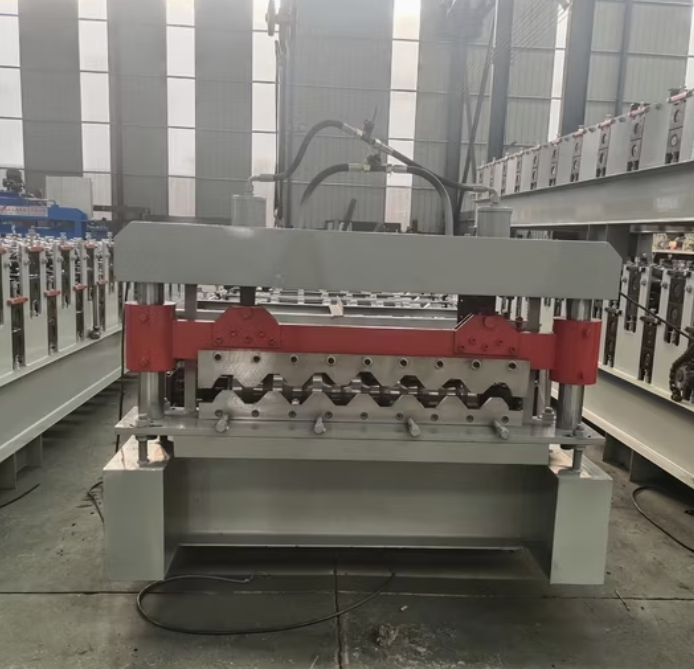To express an interest in this machine please submit the form below.

Not Sure What Machine You Need?
Select Your Profile, We'll Match It
Choose your desired profile drawing, and let Machine Matcher connect you with the best roll forming machine tailored to your needs.
Browse Profiles
A sheet metal roll forming machine is a specialized equipment designed to produce continuous profiles from sheet metal. This machine gradually bends the metal sheet into the desired shape through a series of precisely aligned rollers. Sheet metal roll forming machines are widely used in industries like construction, automotive, HVAC, and storage solutions, where accuracy and efficiency are critical.
In Iceland, with its unique weather conditions and demand for high-quality construction materials, sheet metal roll forming machines are crucial for producing profiles like roofing sheets, wall panels, structural beams, and trims that meet local standards.
| Specification | Details |
|---|---|
| Material Thickness | 0.3mm to 1.2mm (customizable for specific needs) |
| Material Width | 500mm to 1250mm |
| Roller Material | High-grade GCr15 steel with hard chrome plating |
| Number of Roll Stations | 12 to 25 stations (varies with profile complexity) |
| Production Speed | 10-30 meters per minute (adjustable) |
| Cutting System | Hydraulic cutting with a tolerance of ±0.5mm |
| Power Supply | 380V, 50Hz, 3-phase (customizable to Icelandic standards) |
| Control System | Siemens PLC system with touchscreen HMI |
| Frame Structure | Welded steel structure for stability and durability |
| Drive Type | Chain or gear-driven systems |
| Safety Features | Emergency stop buttons, safety guards, and enclosures |
| Optional Add-ons | Decoilers, stackers, recoilers, coil handling systems, and leveling units |
Copyright 2026 © Machine Matcher.